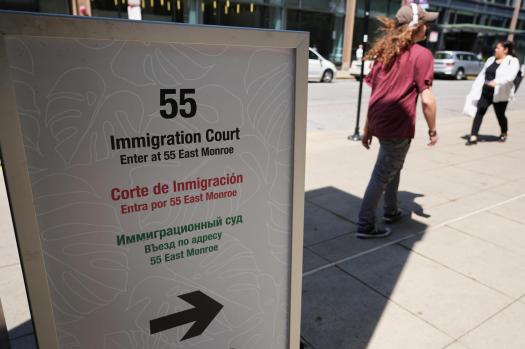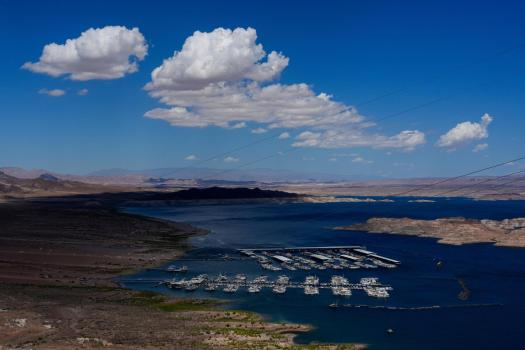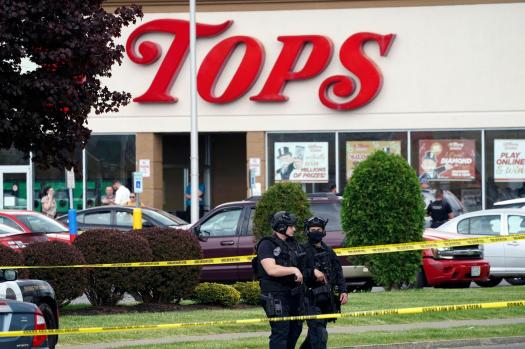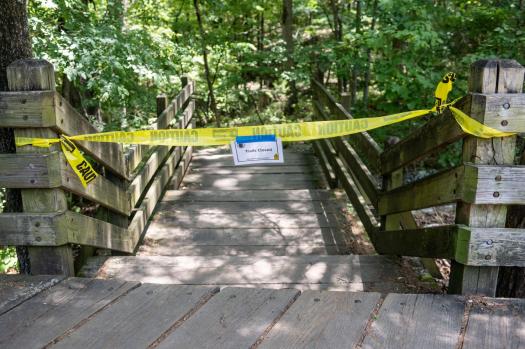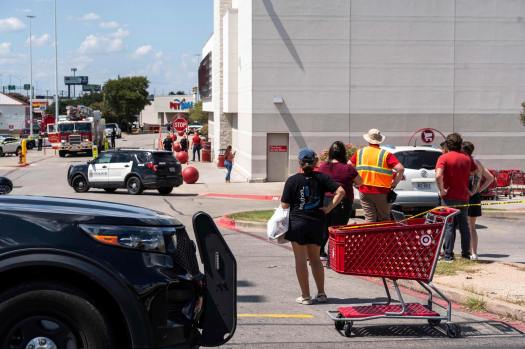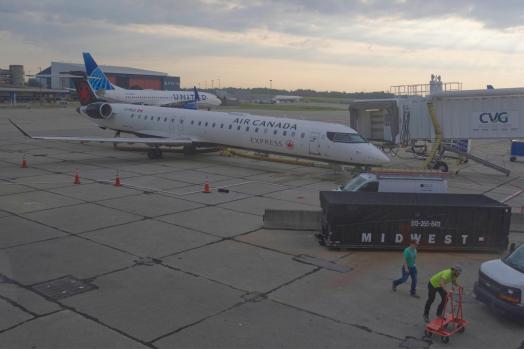By SOPHIA TAREEN and DORANY PINEDA
CHICAGO (AP) — To Jose Abel Garcia, a Guatemalan immigrant in the Los Angeles area, President Donald Trump’s latest
promise to expand deportations
in Democratic-led cities doesn’t change much.
Related Articles
-
Judge rules some NIH grant cuts illegal, saying he’s never seen such discrimination in 40 years
-
US and UK announce a trade deal, but steel imports are still being negotiated
-
Dismissed members of CDC vaccine committee call Kennedy’s actions ‘destabilizing’
-
Donald Trump is the first president in 116 years to not be invited to the NAACP convention
-
Officers who cover their faces could be charged with a misdemeanor under California proposal
The 38-year-old garment worker said Trump’s doubling down on Democratic strongholds while
pausing immigration arrests
at restaurants, hotels and farms doesn’t spare workers who are simply trying to make rent.
“He just talks,” Garcia said. “The raids keep happening and it’s going to be hard for him to follow through on that because he isn’t acting alone.”
In recent days Trump has vowed to shift immigration enforcement away from political allies and toward political foes, prioritizing deportations in Chicago, Los Angeles, New York and cities at “the core of the Democrat Power Center.” At the same time, he’s reversed course and paused arrests in industries that heavily rely on a foreign-born workforce.
Garcia and other immigrants say, either way, fears remain high in their communities, while experts note the Trump administration’s pullback on work site immigration enforcement is a lesson other administrations learned long ago. Meanwhile, Democrats and activists insist Trump’s moves are calculated and something they’ll use as a rallying cry.
California Gov. Gavin Newsom, who has been locked in a widening
dispute
with the Trump administration, said the motivation behind singling out Democratic cities is clear.
“Incite violence and chaos in blue states, have an excuse to militarize our cities, demonize his opponents, keep breaking the law and consolidate power,” Newsom posted Monday on X. “It’s illegal and we will not let it stand.”
Trump again fixed on New York and Chicago on Monday while pointing to Los Angeles demonstrations against his administration policies, and adding many of “those people weren’t from LA, they were from California.”
“I want to focus on the cities,” he said at the
Group of Seven Summit
in Canada.
The Trump administration has said
U.S. Immigration and Customs Enforcement
officers would target at least3,000 arrests daily, up from about 650 daily during the first months of Trump’s second term. Already, the president and his allies have targeted so-called “sanctuary jurisdictions” with splashy
live-streamed arrests
,
lawsuits
and summoning
mayors
and
governors
to testify at the Capitol.
“It’s clear that Trump is escalating these attacks on Democratic cities because he’s threatened by
the mass mobilizations
,” said U.S. Rep. Jesus “Chuy” Garcia, a Chicago Democrat. “I expect Democrats will push back harder.”
In the Los Angeles area, a group of advocates continued
community-led patrols
to watch for ICE arrests and warn neighbors.
Organizer Francisco “Chavo” Romero said they’re also patrolling Metro rail stations and other public transit hubs.
“They double down, we triple down,” he said.
Pulling back on worksite enforcement is new for Trump, but not in recent history.
Going after employers on immigration compliance has been a controversial issue, particularly in industries that rely on immigrant labor. For instance, nearly half of those in meatpacking are thought to be
born abroad
.
Under a
1996 immigration law
, the Clinton administration investigated hiring practices to weed out employees without proper U.S. work authorization and to punish employers. But it didn’t last long. Investigations took months. Workers were afraid to come to work. Some farmers complained their crops were suffering. Elected officials began to intervene.
“It pretty much stopped,” said Doris Meissner, a former commissioner of the Immigration and Naturalization Service, which was the predecessor to ICE.
Now a senior fellow at the nonpartisan Migration Police Institute, she said other presidential administrations have grappled with the same problem.
“That’s always the conundrum: How do you hold the employer accountable?” she said. “You can go and get the workers and in two weeks there are going to be more workers hired.”
Earlier this month, immigration authorities
raided an Omaha meat
production plant, angering company officials who said they followed the law. Trump’s first administration saw the
largest workplace sting
in a decade with arrests at seven Mississippi chicken plants.
That made his shift to pause such operations a surprise. He wrote on Truth Social that the arrests were “taking very good, long time workers” away and it was hard to replace them.
How the pause will play out is unclear. A message left Monday with the Department of Homeland Security was not immediately returned.
Still, Trump’s approach confused many.
“On one hand, he will stay away from certain industries and at the same time double down on Chicago,” said Lawrence Benito, head of the Illinois Coalition for Immigrant and Refugee Rights. “I’m not sure how to reconcile those two comments.”
He said the group would continue to help immigrants understand their rights in the case of ICE arrests.
U.S. Rep. Delia Ramirez, a Chicago Democrat, accused Trump of trying to silence dissent.
In a lengthy post on his Truth Social site about cracking down on Democratic cities, Trump said,
without any evidence
, that Democrats were using immigrants living in the country without legal status to steal elections.
For others, the latest policies were simply another thing to worry about.
Jorge Lima, 32, said his immigrant parents from Mexico are only leaving home to go to their jobs as garment workers in California.
“They don’t go out anymore,” he said. “They’re afraid but they have to eat.”
Pineda reported from Los Angeles. Associated Press writer Rebecca Santana contributed from Washington.
